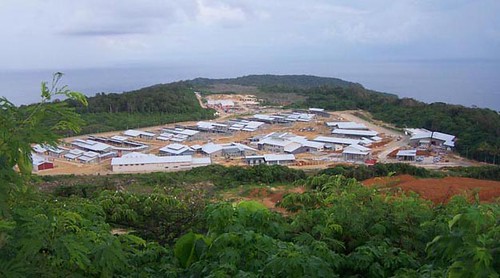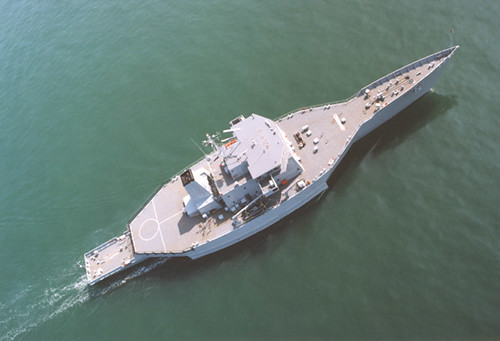Just returned from the London trip which went very well. I gave two lectures and a seminar at the London School of Economics. The first and second (same lecture on two different days) was on Internet Civil Disobedience. The focus was on the use of Internet technology in acts of civil disobedience with a focus on denial of service attacks. The seminar was on the Democratic Effects of Attempts to Regulate Internet Technology – this is basically my thesis work and the discussion is on the negative effects that attempts to regulate the Internet have on democratic participation via the Internet. Both lectures and the seminar went very well.
The rest of the time was spent both in meetings and in a well deserved relaxation. As usual London offered the opportunity for lots of interesting new additions to my reading list. Besides the two mentioned earlier (Peter Singerâ??s One World: The ethics of globalization and a book edited by Roth, Worden and Bernstein called Torture: Does it make us safer? Is it ever OK? A Human Rights Perspective). I came across John Pilger Freedom Next Time (a fantastic book I have already read half of it – it is a wake up call for anyone who wants to see the way in which mainstream media stifles important stories relevant to human rights.
Insurrection: Citizen Challenges to Corporate Power (by Kevin Danaher and Jason Mark), From ACT UP to the WTO: Urban Protest and Community Building in the Era of Globalization (Benjamin Shepard and Ronald Hayduk Eds) and Domination and the Arts of Resistance: Hidden Transcripts (James C. Scott) are three books which are highly relevant to my resistance work.
The list is nicely rounded up by Peer-to-Peer: Harnessing the Power of Disruptive Technologies (Andy Oram editor) and Computer Ethics and Professional Responsibility (edited by Terrell Ward Bynum and Simon Rogerson).
To me this is a very exciting list of books the only problem is to find the time they deserve to be able to read the properly. To me book shopping in London is not really about the large and wonderful bookstores that contain everything. I tend to get lost among so many books, become indecisive and leave empty handed. I much prefer the eclectic mix to be found in good second hand or remainder bookstores. These also have the additional benefit of being really cheap. The most expensive among this list was Pilger’s book which cost only 8 pounds for a new hardback.






